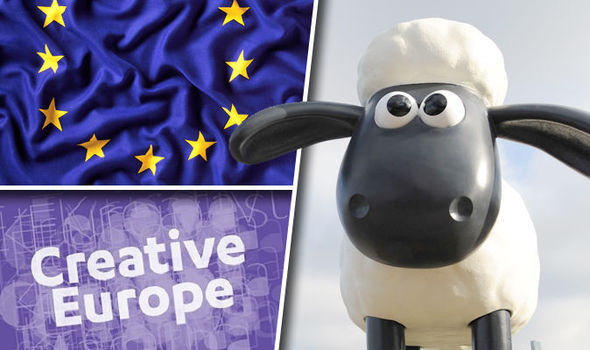Dreptul publisherilor pentru o Europă creativă

I. Ce spune art.11 din Directiva privind dreptul de autor pe piața unică digitală sau DSM Directive (Directive on copyright in the Digital Single Market) și ce înseamnă ancillary right? Noua propunere de directivă înstituie un nou drept- ancillary right- pentru "protejarea publicațiilor de presă în cazul utilizărilor digitale". Așa susține tiltul art.11, redat mai jos. Sintagma ancillary right, atât de vehiculată chiar și de juriștii români, nu este de fapt deloc străină dreptului românesc. Ancillary right înseamnă de fapt neighbouring right sau, mai exact, drept conex cum sunt drepturilor producătorilor audio și video, adică drepturi nejustificate de vreun exercițiu intelectual sau de vreo notă personală, drepturi care nu au legătură cu creativitate ci exclusiv cu investiția, drepturi care nu prezintă, de fapt, similitudini cu dreptul de autor, dar sunt reglementate prin legile corespondente drepturilor de autor pentru că sunt dependente (parțial) de creația autorilor, deși pot fi exercitate în lipsa acestora și, de foarte multe ori, chiar după ce perioada de protecție a drepturilor de autor a expirat. În plus, întocmai ca și drepturile producărilor de baze de date, acestea pot corespunde oricăror tipuri de materiale, întrucât, așa cum creativitate nu reprezintă o condiție pentru protecție, nici drepturi conexe nu sunt în mod obligatoriu corespondente unor opere protejate de dreptul de autor. Dreptul conex al editorilor de presă exemplifică de fapt o protecție asupra tuturor materialelor de presă, protejabile sau nu de dreptul de autor. 1. Statele membre acordă editorilor de publicații de presă drepturile prevăzute la articolul 2 și la articolul 3 alineatul (2) din Directiva 2001/29/CE pentru utilizarea digitală a publicațiilor lor de presă. 2. Drepturile menționate la alineatul (1) lasă intacte și nu afectează în niciun fel drepturile de care beneficiază, în temeiul dreptului Uniunii, autorii și alți titulari de drepturi în ceea ce privește operele și alte obiecte protejate încorporate…
Un răspuns



